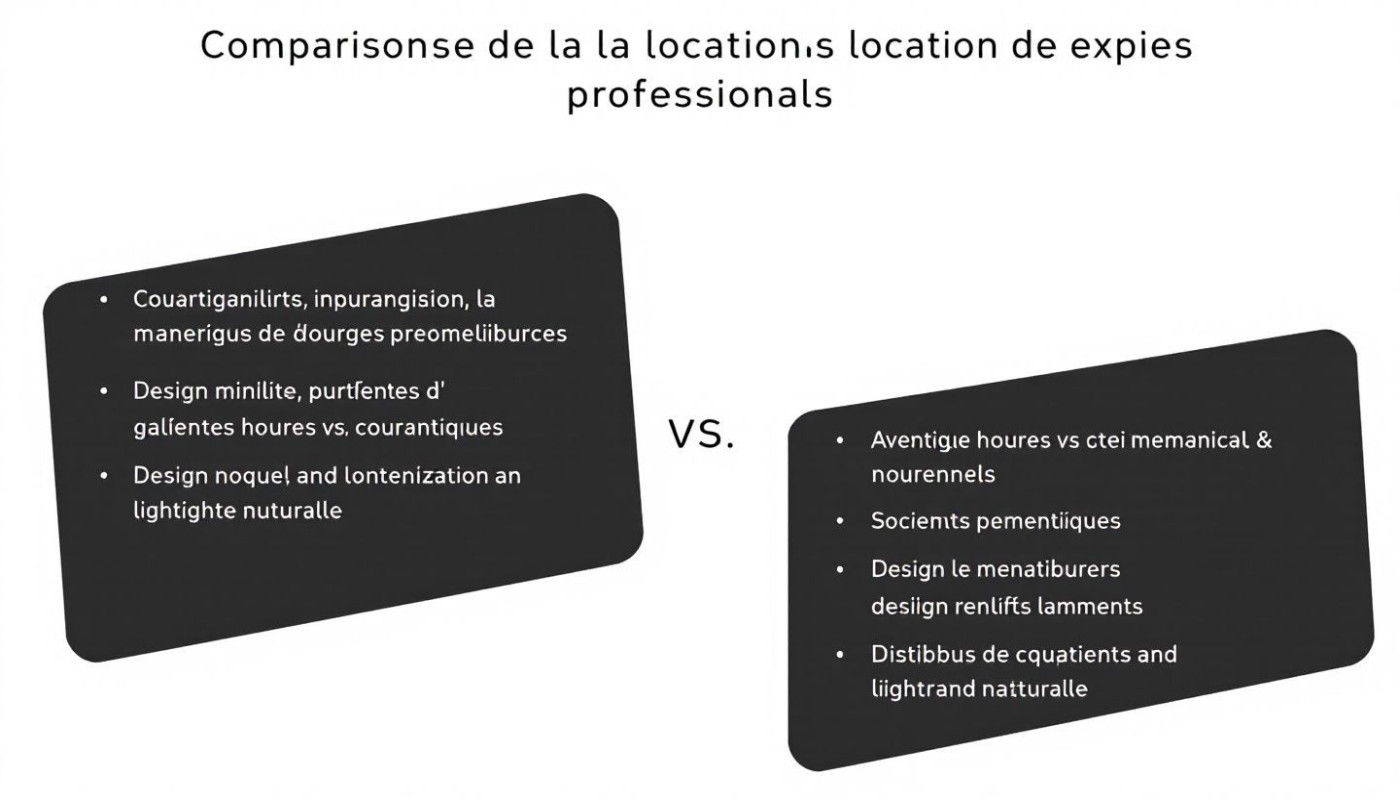Table of contents
In the modern business landscape, transparency and trust have become cornerstones of successful supply chain management. The integration of blockchain technology offers an unprecedented opportunity to enhance these aspects, providing a ledger that is both immutable and transparent. As you delve into the following sections, discover the transformative potential of adopting blockchain to foster greater accountability and efficiency within your supply chain. This exploration promises to reveal how businesses can benefit from improved operations and strengthened stakeholder relationships.
The Pillars of Blockchain in Supply Chain
Blockchain technology has emerged as a transformative force in supply chain management, offering a raft of advantages that bolster security, enhance transparency, and foster trust among participants. At its core, blockchain is a form of distributed ledger technology (DLT), a decentralized database that allows for the secure, transparent, and immutable recording of transactions. In the realm of supply chains, this means that every product's journey from origin to consumer can be tracked reliably and in real time. The immediate benefit here is the increased security against tampering and fraud; as a product moves through various checkpoints, its digital ledger is updated and locked in, visible to all parties involved but protected against unauthorized alterations. Furthermore, the heightened transparency blockchain provides ensures that all stakeholders—from suppliers to retailers—can access the same information, reducing discrepancies and misunderstandings. This level of openness is instrumental in building and maintaining trust, a key component in the complex networks of modern supply chain management. Such benefits underscore why keywords like 'blockchain technology', 'supply chain management', 'security', 'transparency', and 'trust' are not only critical for search engine optimization but are also reflective of the real-world value propositions of integrating blockchain into supply chain operations.
Case Studies of Blockchain Implementation
The integration of blockchain technology within supply chain operations has been transformative for numerous industries. When considering blockchain adoption, the efficacy of the technology is best demonstrated through real-world applications. A notable example includes the utilization of blockchain for enhanced traceability in the food industry. Retail giants have used blockchain to track produce from farm to store, significantly improving the speed of tracing a product's journey and increasing consumer confidence. In the realm of fraud reduction, companies shipping high-value items have deployed blockchain solutions to securely record transactions, minimizing the risk of counterfeit goods entering the market. Blockchain's immutable ledger also supports meticulous record-keeping, providing an audit trail that is both transparent and tamper-evident.
Moreover, the advent of smart contracts has revolutionized traditional supply chain agreements. These self-executing contracts with the terms directly written into code automate and enforce obligations without the need for intermediaries, streamlining operations and reducing potential for disputes. Such advancements underscore the transformative potential of blockchain adoption, positioning it as a cornerstone for building trust and transparency in complex supply chains.
Overcoming Challenges in Blockchain Integration
Implementing blockchain technology within supply chain operations presents its own set of hurdles. Businesses often grapple with the technological complexity inherent in blockchain systems, which can be daunting to those unfamiliar with the technology. Moreover, the cost implications of integrating such a cutting-edge framework can be significant, possibly requiring substantial upfront investment. Another nontrivial concern is the inherent resistance to change that can pervade an organization, as staff and management alike grapple with new processes and oversight mechanisms. To navigate these obstacles, a comprehensive approach to change management is indispensable. This involves not only educating and training employees but also ensuring robust stakeholder buy-in, thereby aligning all parties with the projected benefits of blockchain, such as enhanced transparency and trust. Addressing scalability issues is another pivotal aspect; it requires meticulous planning to ensure that the blockchain system can grow and adapt to increasing volumes of data and transactions. The guidance of a professional with expertise in both change management and blockchain integration becomes invaluable in mitigating risks and laying the groundwork for a seamless transition that can revolutionize supply chain management.
Blockchain's Role in Regulatory Compliance and Ethics
Blockchain technology is rapidly becoming a pivotal tool in enhancing regulatory compliance and upholding ethical standards within supply chain management. By offering an immutable and transparent ledger, blockchain facilitates the creation of auditable trails, which are indispensable for businesses striving to meet stringent industry-specific compliance standards. The decentralized nature of blockchain allows for a comprehensive and tamper-proof record of transactions and interactions, simplifying the processes of compliance audit trails and ensuring that each step within the supply chain adheres to the required legal and ethical protocols.
Incorporating blockchain into supply chain operations can greatly assist companies in demonstrating their commitment to supply chain ethics. It enables real-time monitoring and verification of goods and services, from origin to end-user, fostering a level of transparency that is often demanded by both regulators and consumers. This enhanced visibility helps in identifying and addressing potential ethical breaches, ensuring that labor rights, environmental standards, and fair trade practices are respected throughout the entirety of the supply chain. With the use of blockchain, businesses not only align with regulatory compliance mandates but also build a foundation of trust with stakeholders who prioritize corporate responsibility and ethical conduct.
Future Trends: Blockchain's Expanding Influence
The future of blockchain in supply chain management is poised to reshape how businesses interact and operate on a global scale. Advancements in blockchain technology are anticipated to significantly enhance the efficiency and security of supply chain advancements, leading to more streamlined operations. The cutting-edge concept of 'blockchain interoperability' is particularly noteworthy, referring to the ability of different blockchain networks to communicate and exchange information seamlessly. This development can revolutionize the supply chain by enabling a more cohesive and integrated network, ultimately contributing to transparent business practices.
As blockchain technology continues to mature, its integration into global supply chains will likely become more pronounced, offering unparalleled visibility and accountability in transactions. This evolution promises to fortify the foundations of trusted environments, where stakeholders can confidently rely on the authenticity and integrity of the information provided by blockchain systems. With these advancements, businesses around the world may witness a significant shift towards more open, honest, and mutually beneficial relationships, reinforcing the tenet that trust is the bedrock of successful commerce.
Similar articles

How Does An EMBA Enhance Leadership Skills Differently Than An MBA?

Exploring The Impact Of Advanced Cluster Management Tools On IT Efficiency

Benefits Of Hourly Versus Daily Workspace Rentals Explained

Benefits And Challenges Of 24/7 Coworking Spaces

Exploring the rise of freelance economy how businesses can adapt

Exploring The Impact Of AI In Modern Visual Design Creation

